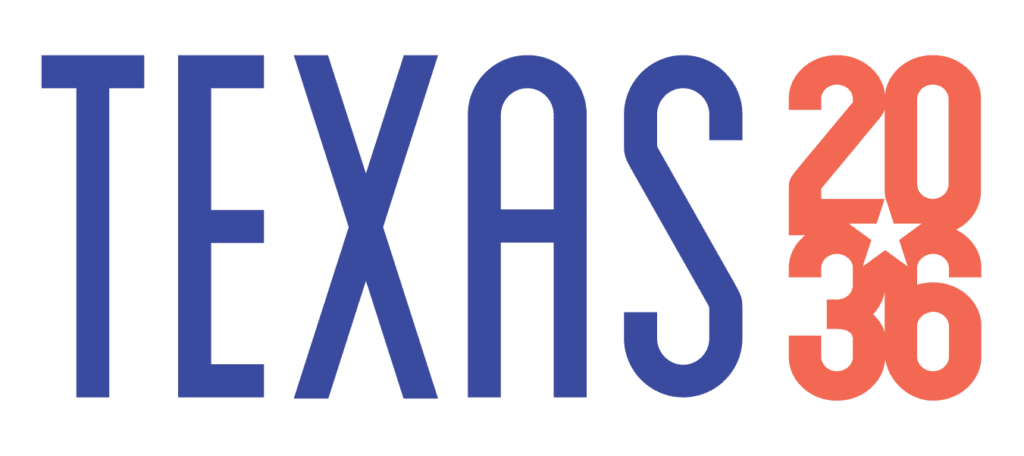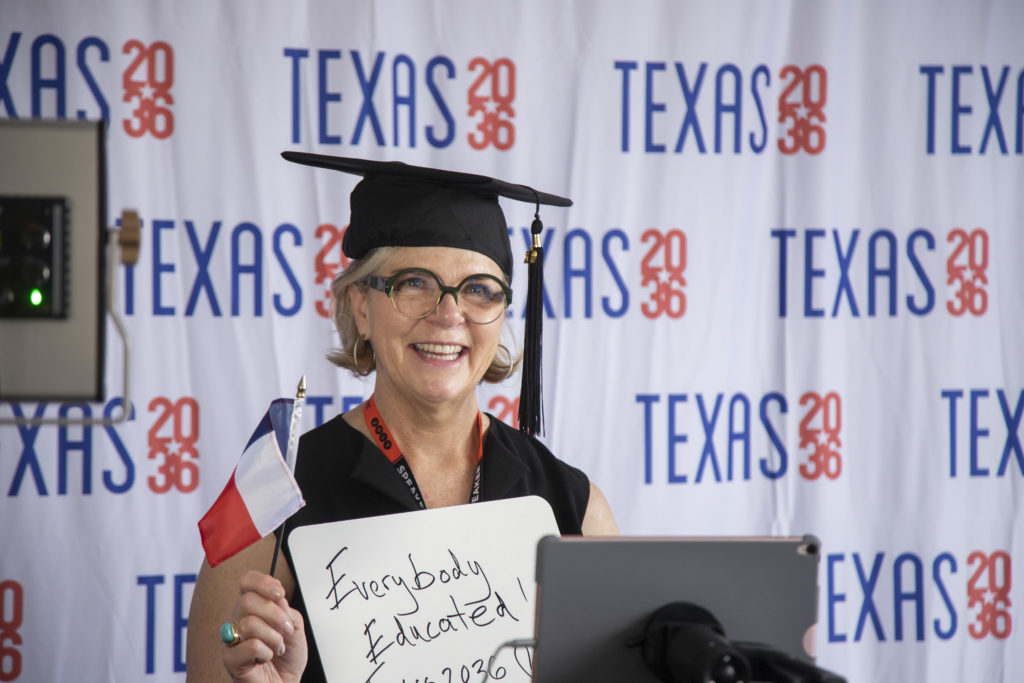It may seem counterintuitive, but our liberties and rights as Texans depend in part on effective, efficient institutions.
For society to move forward, the organizations it creates for shared purposes are essential — particularly during times of disruptive, unpredictable change, like the changes early settlers faced in establishing new economies and the changes today’s leaders face in addressing the impacts of a deadly global pandemic.
As we look back on recent months, many remember common experiences and think of how societies’ organizations helped or failed them. There will be a commonality of experiences around critical institutions, like schools closing campuses and shifting to virtual instruction with little warning, government providing or not providing services, or health care institutions saving peoples’ lives.
That’s the power of institutions to bring people together and help them progress forward together. Chief among society’s institutions are those that handle the education of our children — and from Texas’ earliest day, they mattered.

